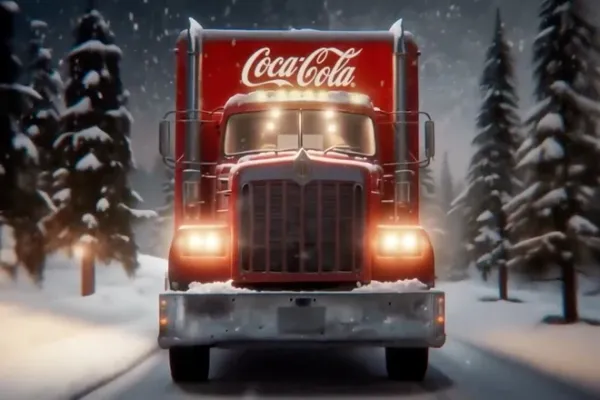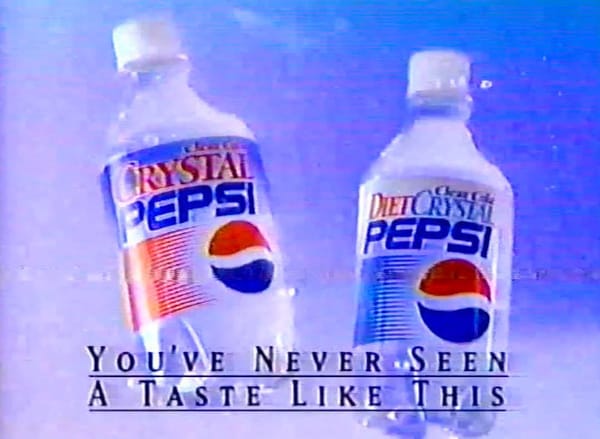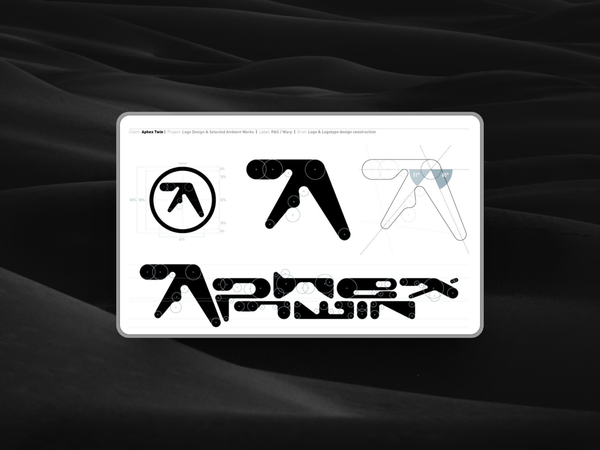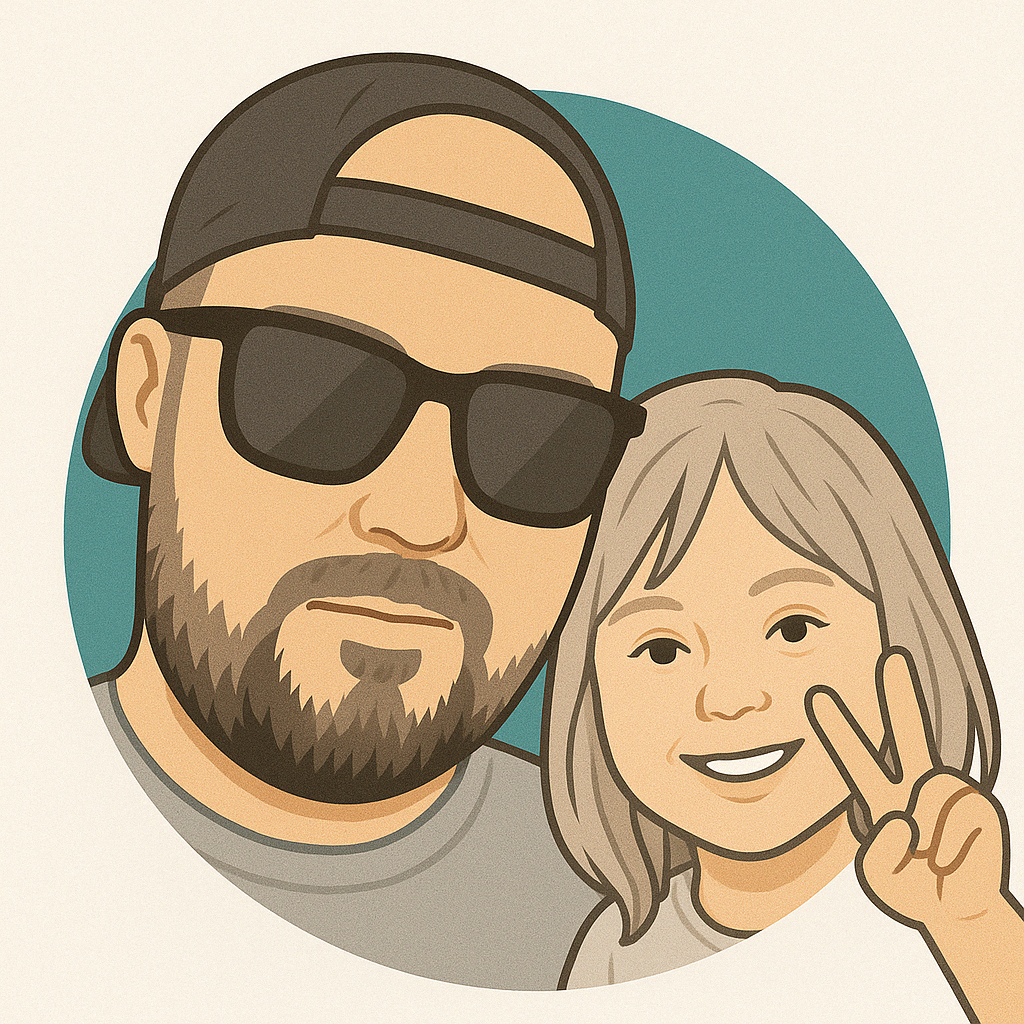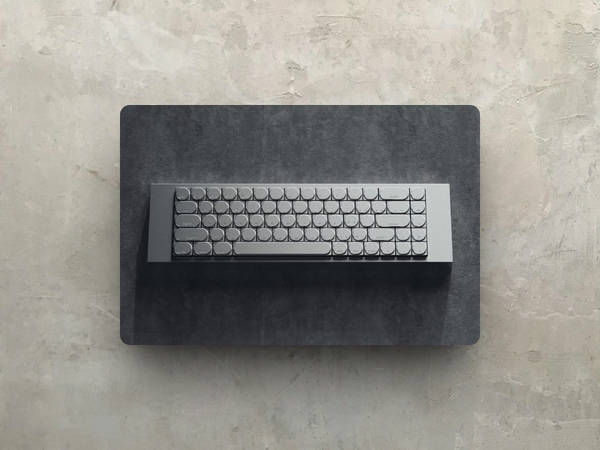Coca-Cola’s latest move into AI-driven holiday marketing has some scratching their heads.
The campaign is all about creating personalised, generative AI visuals tailored to different audiences. On paper, it’s clever: endless variations, lightning-fast production, and a modern twist on the holiday vibe.
But the big question is, why AI at all? Coca-Cola’s brand is built on warmth, connection, and nostalgia—things that don’t exactly scream “algorithm.”
For many people, the choice feels less like innovation and more like a betrayal of the classic, handcrafted charm they’ve come to love.
Where’s the Heart?
The biggest gripe isn’t about AI itself—it’s about what it represents. Coca-Cola ads have always been about human connection.
They’re the kind of campaigns that stick with you for years, making you tear up even if you don’t want to admit it. AI, on the other hand, feels clinical, distant, and, let’s face it, a bit soulless.
Sure, the visuals are pretty. But is “pretty” enough when people expect magic? The charm of Coca-Cola’s past holiday campaigns came from their imperfections—the human touch that AI just can’t replicate.
For many, Coca-Cola using AI feels like a shortcut, like they’re trading the hard graft of creativity for something quicker and cheaper.
And that’s a hard pill to swallow when the brand has set the bar so high.
The controversial commercial in question. Source: Coca Cola
This disappointment isn’t just about Coca-Cola; it’s about a broader fear that AI could erode the emotional storytelling that makes great advertising memorable.
If brands as big as Coca-Cola are cutting corners with AI, what’s stopping others from doing the same?
It’s not all doom and gloom. Coca-Cola is experimenting, and that’s not inherently bad. But for a brand so tied to tradition and emotion, this experiment feels like it’s missed the mark.
To win back hearts, they need to double down on what made them iconic in the first place: ads that feel human, heartfelt, and timeless. AI can be part of the process, sure, but it can’t replace the soul of the message.
Of course, some might argue this was the plan all along.
"They probably did this in large part because they knew the fact that it was AI-generated would generate way more buzz than the content of the commercial itself." Mgntom from Reddit.
Companies often calculate how controversial a move will be, knowing full well that polarising campaigns get people talking—and in the advertising world, chatter equals exposure.
But at the end of the day, holiday ads aren’t about the tech or the headlines they generate. They’re about making us feel something. And no AI algorithm, no matter how clever, can do that better than a story crafted by real, messy, human hands.


